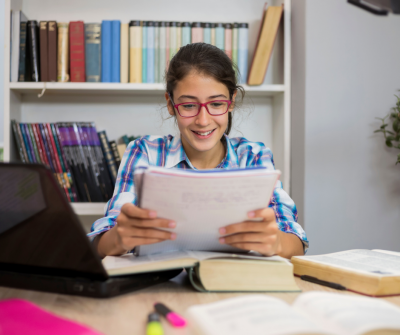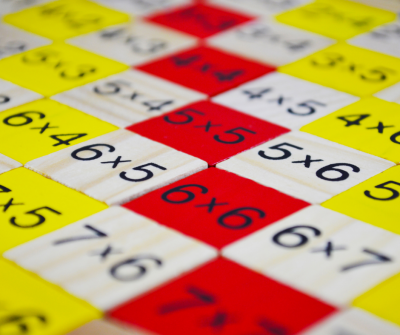The Magic of 20 Minutes – Home Learning during Easter Holidays
The Easter Holiday period is the final stepping stone before the SATS tests in May. Therefore, integrating home learning alongside classroom practice can help your child to reinforce Upper KS2 understanding.
How is home learning different to homework?

Often, homework is set assignments that adhere strictly to the curriculum. This is to help pupils progress easily with set objectives. Home learning, however, is more open-ended. Whilst still task-based, more emphasis is on independent learning and progression. This means pupils can build up an understanding of key topics in more creative ways.
With the impact of lockdown and remote learning, expanding the ways in which children learn outside of the classroom is crucial for positive long-term progression.
Reading: Building up fluency
Even though pupils will have the opportunity to read in the classroom, setting aside time to read at home is extremely beneficial for building vocabulary and fluency. Having children read for a minimum of 20 minutes a day can:
- Boost attainment in maths, vocabulary, and spelling tests by the age of 16
- Expose children to almost two million words per year
- Develop key communication skills during language development
- Strengthen their imagination and stimulate creativity
Using a wide range of reading materials is important for covering fiction and non-fiction topics. Plus, parents can get directly involved with their children’s learning; Children can read out their favourite books to parents, or by reading together with less confident readers. To get started, BookTrust has fantastic recommendations for every reading age, with books touching on a diverse array of themes. Alternatively, SATs Companion provides a wide range of non-fiction reading texts for Year 5 and Year 6.
Mathematics: Timetables

A quick mental maths workout can do wonders for boosting confidence across various maths topics. An easy part of the curriculum to focus on is multiplication; They are an essential part of the curriculum, covering other topics (E.g., Decimals, Fractions). A few handy techniques include:
- Have your child recite timetables back to you, which can build up their working memory via verbal recall.
- Posters are a universal revision tool. Placing them around their home learning environment means they become familiar with different multiplication sets. Alternatively, have your child create their own with bright colours for better engagement.
What else can be useful for easy at-home practice?
SATs Companion has over 100 engaging video lessons covering every core Maths & English topics. For positive growth, we recommend using the videos to focus on a chosen topic three times a week
Sign up now for a free two-week trial, and see your child develop confidence and build their understanding.
Haven’t signed up to SATs Companion?
All parent members have the opportunity to try out the platform for two weeks completely free, click here to get started.


